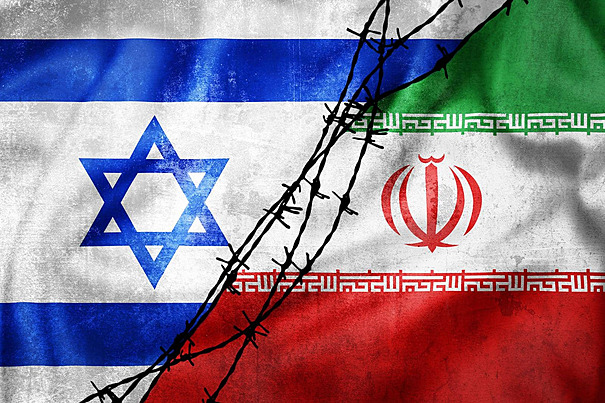Israel vs Iran: Understanding the Rising Tensions and Global Impacts
The relationship between Israel and Iran has long been fraught with tension, rooted in decades of political, religious, and strategic rivalry. In 2025, those tensions have escalated again drawing attention from governments, analysts, and citizens around the world. Here’s a breakdown of the latest developments, what’s fueling the conflict, and how global news and AI-powered platforms are helping the world keep pace with this complex geopolitical showdown.
WORLDWIDE
6/17/20252 min read


The Background: Why Are Israel and Iran in Conflict?
The Israel-Iran rivalry is not a conventional border dispute. Instead, it's a complex conflict driven by:
Iran's support for anti-Israel groups, such as Hezbollah in Lebanon and Hamas in Gaza
Israel's concern over Iran's nuclear program, which it views as an existential threat
Competing ideologies: Iran’s Islamic theocracy vs. Israel’s secular democracy
Proxy warfare throughout Syria, Iraq, Lebanon, and the Palestinian territories
This rivalry has played out through covert operations, cyberattacks, assassinations, and airstrikes — rarely spilling into full-scale war, but always simmering near the surface.
Recent Developments: What’s Happening Now?
As of mid-2025, several key events have reignited concerns of direct conflict:
Airstrike Exchanges: Israel has reportedly intensified airstrikes on Iranian targets in Syria and Iraq. Iran has allegedly retaliated with missile launches and cyberattacks on Israeli infrastructure.
Nuclear Tensions: Iran’s continued uranium enrichment, allegedly beyond agreed limits, has triggered alarm in Tel Aviv and Washington.
Proxy Clashes: Hezbollah and Hamas, both Iranian-backed, have ramped up border activity, drawing Israeli military responses.
Regional Realignment: Countries like Saudi Arabia, UAE, and Turkey are recalibrating their positions amid shifting alliances and U.S. involvement.
While both governments deny seeking all-out war, accidental escalation remains a real concern.
Global Reactions
The international community is watching closely
The United Nations has called for restraint and dialogue.
The United States continues to back Israel but is also attempting to revive diplomatic channels with Iran.
European leaders have urged Iran to return to nuclear limits, while trying to keep Israel from taking unilateral military action.
Russia and China, each with vested interests in the region, are quietly expanding influence while pushing for stability on their own terms.
The situation holds the potential to disrupt global oil prices, trade routes, and Middle Eastern stability at large.
How AI Is Covering the Israel-Iran Conflict
Given the speed and sensitivity of the situation, AI is playing a vital role in news reporting and real-time intelligence gathering:
Automated Monitoring: AI systems scan satellite data, social media chatter, and military signals to identify changes in troop movement or strikes.
Real-Time Translation: Global audiences can now read reports from Farsi, Arabic, and Hebrew media sources, offering multi-perspective coverage.
Deepfake Detection: As propaganda spreads online, AI tools help identify manipulated videos and false narratives.
Sentiment Analysis: AI tracks public opinion in both countries and around the world, helping analysts predict possible escalations.
For journalists and citizens alike, AI tools offer clarity in an increasingly foggy media environment.
What’s Next?
Experts believe that full-scale war is unlikely — but local escalations and proxy confrontations are very likely to continue throughout 2025. The coming months may see:
Increased cyberattacks and drone strikes
Diplomatic talks through third-party nations like Qatar or Turkey
New sanctions or economic pressures from the West
Internal unrest in both Israel and Iran due to political fallout
The situation remains fluid, and global attention is essential to prevent a broader regional conflict.
Why It Matters to You
Even if you’re far from the Middle East, the Israel-Iran conflict can affect:
Energy markets and fuel prices
Air travel and global shipping
Cybersecurity risks and online disinformation
Geopolitical shifts that may impact global alliances, including NATO and BRICS
Staying informed helps citizens, businesses, and governments respond responsibly in an interconnected world.